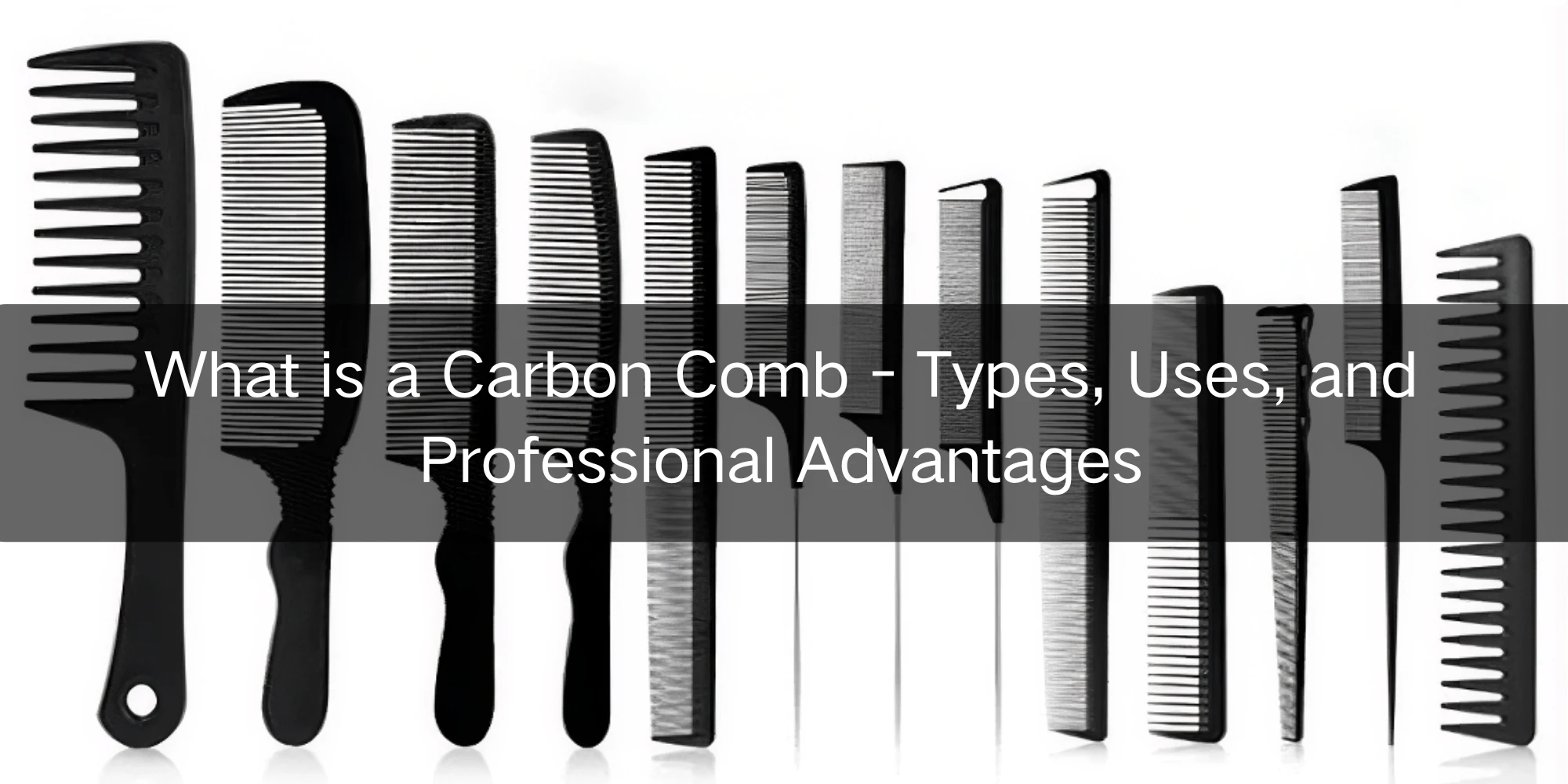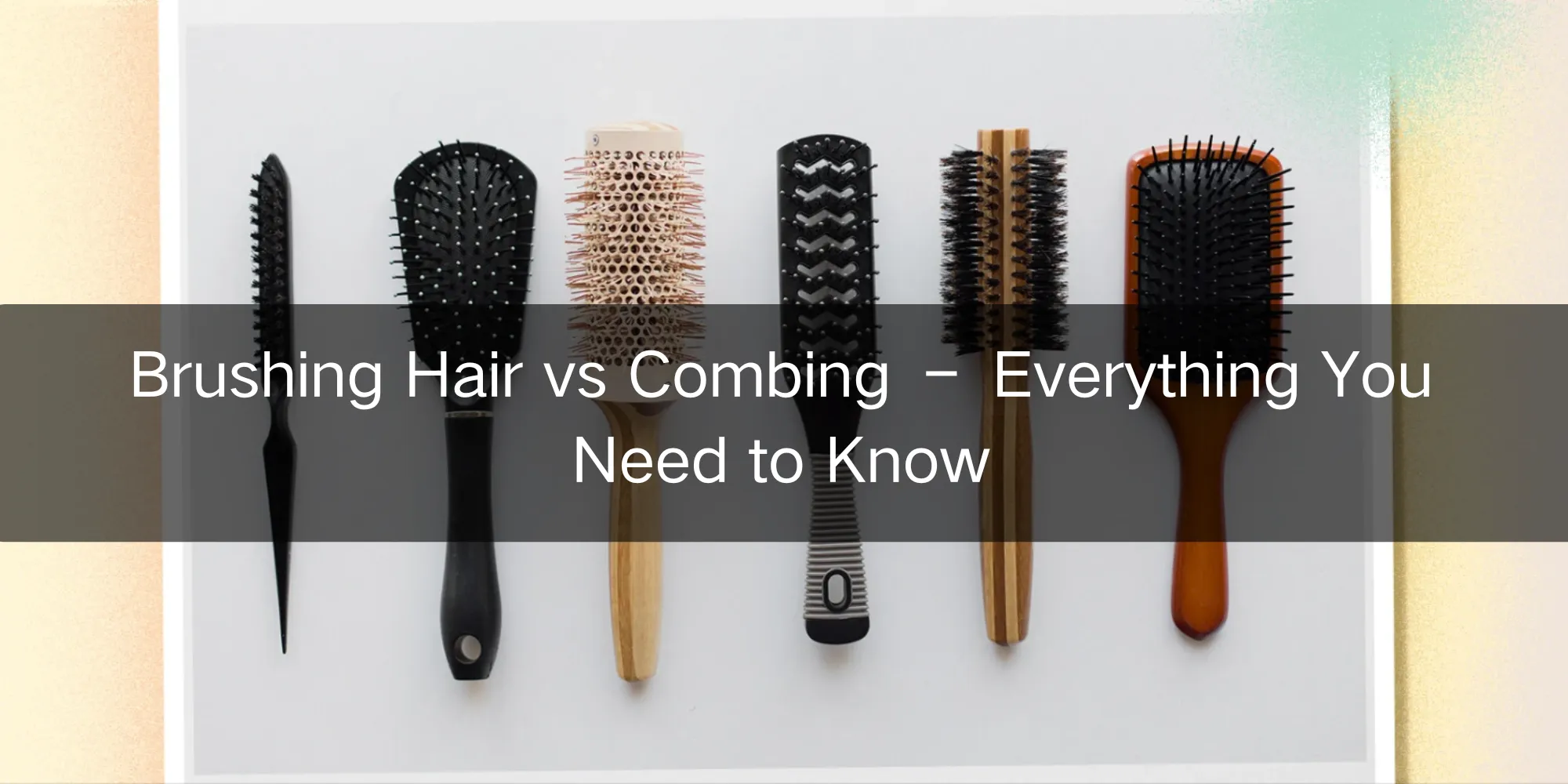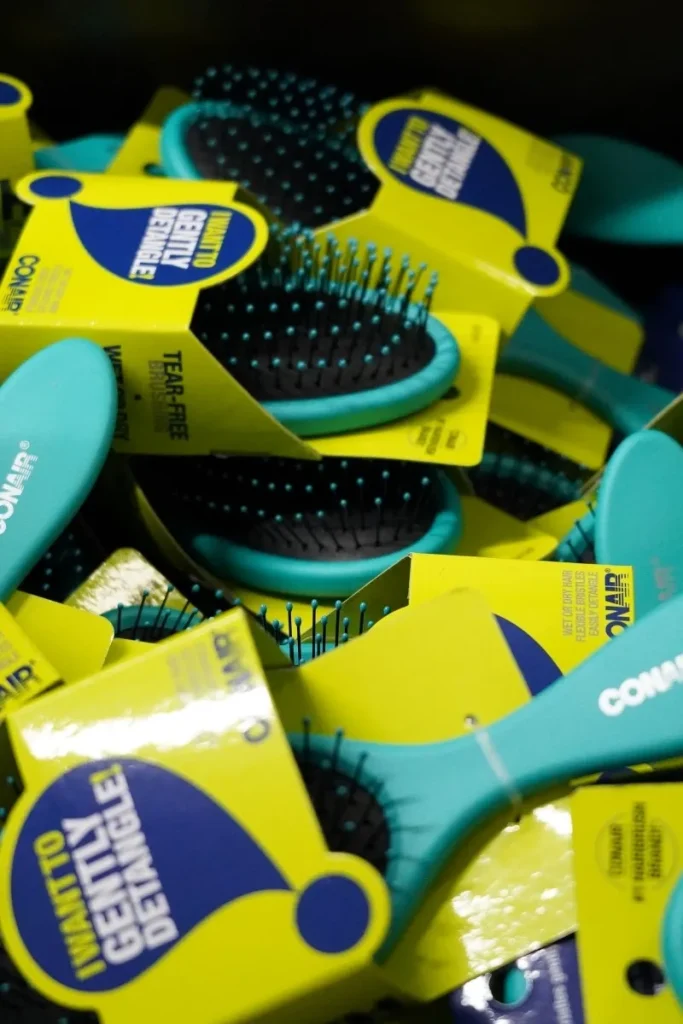Hair oils are essential to maintain the health of your scalp and aid in hair growth. Not all oils are created equal, though, which is why it is essential to find the correct type of oil to address your specific hair requirements. In this guide, you will discover what hair oil is best for hair growth and why some oils are more effective than others. You will also understand how these oils function, how to use them most efficiently, and what are the top 10 oils you can rely on to give your hair journey a boost.
Understanding the Science of Hair Growth Oils
Hair growth oils stimulate hair growth by conditioning your scalp and making the hair follicles stronger. By rubbing oil into your head you increase blood flow to the area and activate collagen formation – both of which are vital to growth. There are oils that prevent breakage and oils that actually promote new hair. It is because of this that you must be able to distinguish the difference. The mode of application and concentration of oil also influences outcomes. Make a good choice and use your oil mindfully.
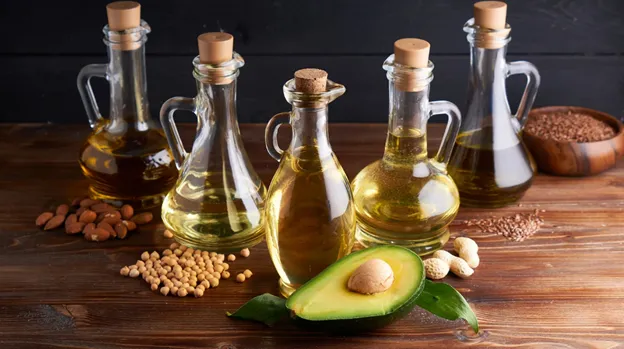
Essential Oils vs. Carrier Oils
Essential oils are very strong plant extracts such as rosemary, peppermint, or tea tree. They activate the hair follicles, increase the blood flow and heal scalp problems. But you cannot put them directly on your scalp–they are too strong.
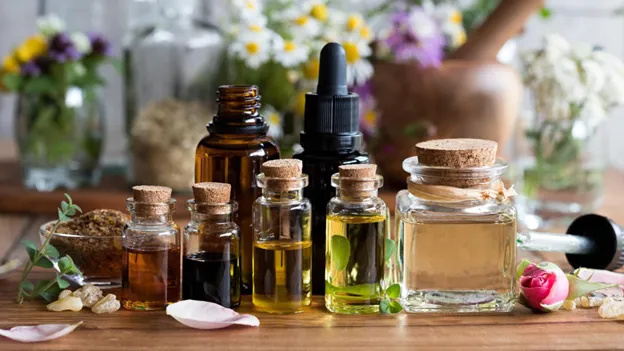
Here comes carrier oils as a solution. Carrier oils (such as coconut, almond, or olive) are nutrient-rich base oils that thin out essential oils and aid in their even distribution. You will have to combine a couple of drops of the essential oil with a tablespoon of the carrier oil. Always carry out a patch test to avoid irritation. Apply oils that are friendly to the scalp and do not overdo it. Properly combined, this duo can intensely moisturize your scalp and promote healthy growth.
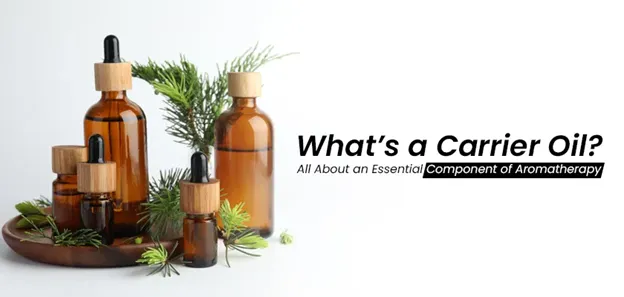
Top 10 Oils That Promote Hair Growth
| Oil Name | Oil Composition | Best For Hair | Perks |
|---|---|---|---|
| Coconut Oil | Fatty acids, vitamins, minerals, carbohydrates | All hair types; best for dry, frizzy hair | Nourishes & moisturizes scalp, promotes hair growth, adds shine, protects from heat, repairs damage |
| Almond Oil | Vitamin E, protein, tocopherol | Dry, damaged hair lacking omega-3 | Reduces breakage, treats eczema/psoriasis, deeply moisturizes, adds gloss when used with conditioner |
| Grapeseed Oil | Antioxidants, vitamin E, proanthocyanidins | Dry, brittle, weak hair; suitable for oily scalps | Non-greasy, promotes growth, strengthens follicles, fights hair loss, effective for androgenetic alopecia |
| Castor Oil | Vitamin E, proteins, minerals, ricinoleic acid | Dry, flaky scalp | Stimulates growth, moisturizes deeply, improves blood circulation, soothes inflammation |
| Olive Oil | Oleic acid, vitamin E, antioxidants | Extremely dry, frizzy hair; dandruff-prone | Revitalizes scalp, protects keratin, smoothens hair, reduces dandruff, shields against heat |
| Peppermint Oil | Menthol, essential fatty acids | Oily/greasy scalp | Stimulates follicles, controls dandruff, strengthens roots, treats lice, boosts circulation |
| Rosemary Oil | Carnosic acid, antioxidants, essential oils | All hair types | Promotes thickness & growth, nourishes scalp, treats infections, reduces split ends, alternative to minoxidil |
| Lavender Oil | Linalool, linalyl acetate, antimicrobial compounds | All hair types; especially combination scalp (oily front/dry back) | Enhances growth, balances sebum, soothes scalp, relieves stress, antibacterial |
| Tea Tree Oil | Terpinen-4-ol, antifungal and antibacterial compounds | All hair types; especially dandruff-prone and damaged hair | Unclogs follicles, fights dandruff, soothes inflammation, boosts hair growth when combined with minoxidil |
| Ylang-Ylang Oil | Linalool, germacrene, sesquiterpenes | Dry, flaky scalp; avoid for oily scalps | Reduces breakage, boosts sebum, relieves stress, natural conditioner, treats lice |
1. Coconut Oil
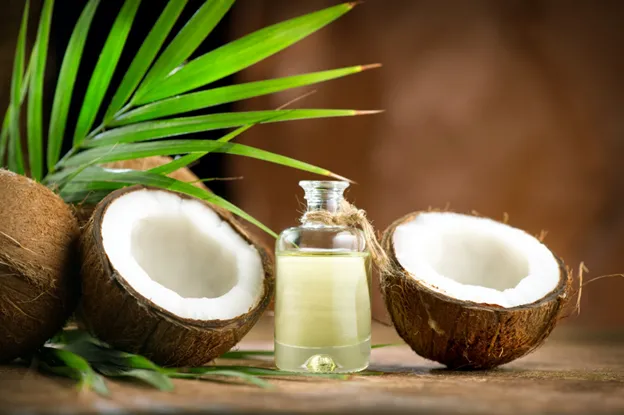
When it comes to hair care, coconut oil is among the most popular oils and rightly so. It is full of fatty acids, vitamins, and minerals that intensively nourish your scalp and hair. When you use it, particularly in the classic curry leaf infusion form, you aid in the restoration of the protein balance and the repair of broken strands. The oil is able to penetrate the hair more than most oils, limiting the amount of protein loss and preventing damage caused by heat or styling. With regular use, you will feel your hair becoming softer and shinier. When your hair is dry, frizzy or damaged by heat, then you will especially notice coconut oil to be very effective in adding back moisture and strength to your hair.
2. Almond Oil
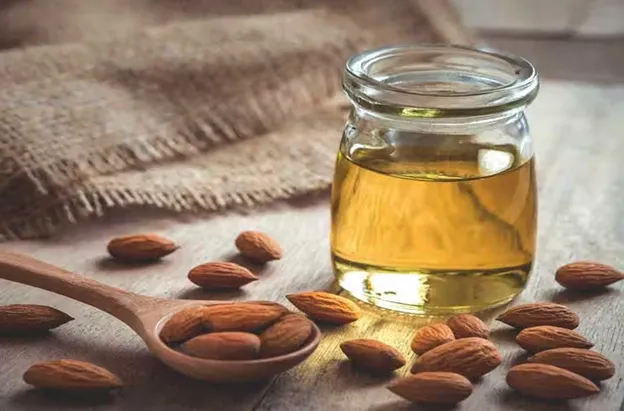
Almond oil is a light but effective remedy to the hair which lost its shine and elasticity. It is full of vitamin E, omega-3 fatty acids, and magnesium, which penetrate your scalp and hair to fight dryness and brittleness. You may use it as is or combine it with your conditioner to give it some hydration. The vitamin E in it will make your hair stronger, and the fatty acids will repair the damage and minimize breaking. And in case you have been experiencing dry or weak hair, overnight almond oil treatments should bring your hair back to life and make it shinier and stronger each time you use it.
3. Grapeseed Oil
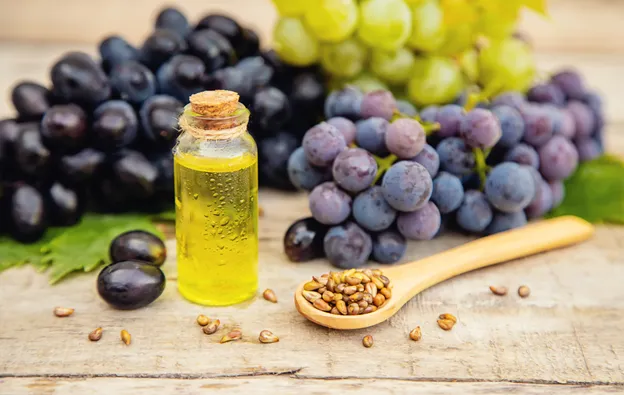
Grapeseed oil could be a good option if you are looking something that will moisturize your hair without leaving it greasy. It contains a lot of antioxidants and proanthocyanidins that have been researched due to the possibility to activate hair follicles and even treat such problems as alopecia. Grapeseed oil is wonderful in hair treatment and it makes dry hair strong again. Heat it a little and apply it to your scalp and cover your head with a towel so that the nutrients are absorbed. If you are experiencing hair loss or have a scalp that is prone to over-oiling, this oil will keep everything in check whilst stimulating growth.
4. Castor Oil
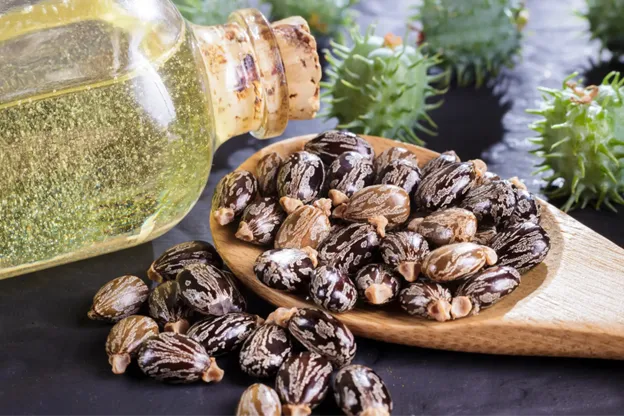
Castor oil is the strongest oil that can aid in increasing hair thickness and regrowth. It is rich in ricinoleic acid and vitamin E which act in synergy to enhance blood flow to your scalp and to reduce inflammation. It is a combination that helps maintain the health of the follicles and accelerates hair regrowth, particularly in areas where the hair is thinning. Castor oil is very thick and therefore by mixing it with sesame oil it becomes easy to apply and rinse. You will rub it in well and leave it on overnight and then wash it out in the morning. This oil is serious business if you have a dry scalp or patchy hair loss or excessive fall.
5. Olive Oil
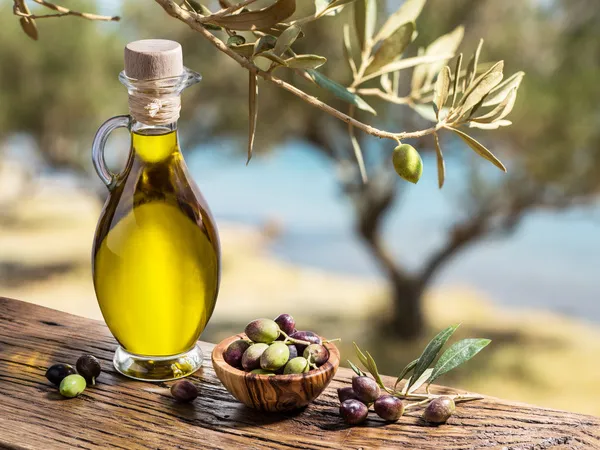
Olive oil has been touted as being able to condition and treat your hair follicle to ends. It is full of oleic acid, antioxidants and vitamin E and coats the keratin in your hair, smoothing down the frizz. It may be applied to damp or dry hair, and to activate its benefits, it is best warmed slightly before applying it to your scalp massaging it in. The wrap of warm towel later aids in the absorption of nutrients. Olive oil is especially good in combating dandruff and flakiness and the natural conditioning effects will leave your hair feeling silky and voluminous. Olive oil is a product you need to try out if you are experiencing dryness and irritation of the scalp.
6. Peppermint Oil
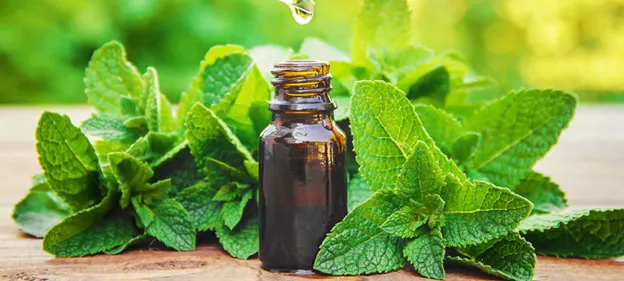
Peppermint oil is a refreshing essential oil which can increase the blood circulation to your scalp and this could help to re-awaken dormant hair follicles and encourage new growth. Research indicates that it has the capacity to raise the number of follicles and their depth when applied regularly. It is very strong, so you always need to mix it with a carrier oil such as coconut oil or jojoba oil. Put a few drops diluted in the carrier oil, rub your head, and wash after 30 minutes. It is particularly beneficial when you have an oily scalp or are experiencing low hair growth. Itchiness is also alleviated and dandruff combated. It is also beneficial in alleviating itchiness as well as combating dandruff.
7. Rosemary Oil
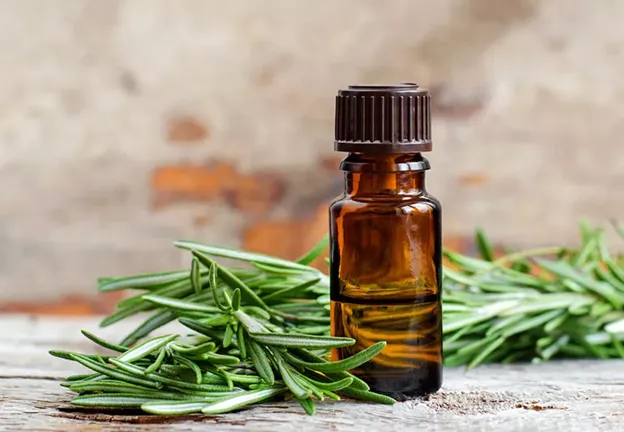
Rosemary oil has become popular because research has indicated that it can work just like minoxidil in enhancing hair growth-with no side effects. It activates blood flow in the scalp and suppresses DHT, a hormone that is associated with hair loss. The oil also aids in thinning control, healthier follicles, and scalp nourishment. How to use it: Add a few drops of it to coconut oil, heat the combination a bit, and massage it into the skin. Regardless of the age-related hair problems or the initial stages of balding, rosemary oil is a balanced, all-natural solution that will help your hair become thicker and fuller in the long run.
8. Lavender Oil
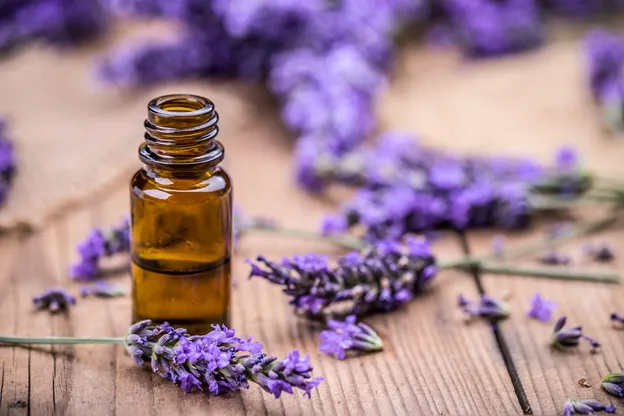
Lavender oil not only smells soothing- it increases circulation and accelerates cell regeneration, so it is excellent at speeding up hair growth. The antibacterial action leaves your scalp clean and balanced, providing a healthy environment that hair loves to grow in. Lavender oil balances sebum production, so if you have a combination scalp, with some areas that are oily and others dry, this oil will normalize the process. Combine it with coconut or olive oil and leave it in overnight to achieve the best results. You will also wake up with softer and healthier hair and you will have the added benefit of lower stress levels, which is usually associated with hair loss.
9. Tea Tree Oil
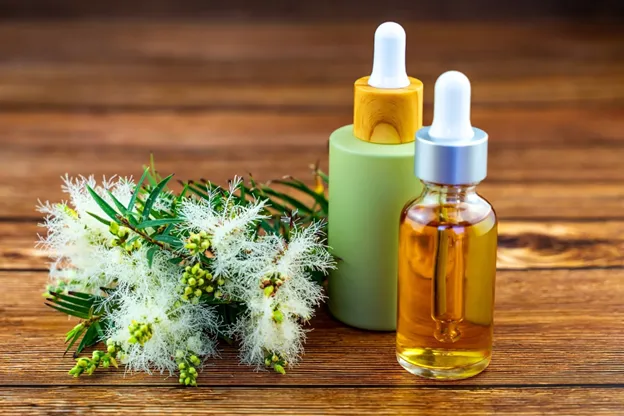
Tea tree oil is a potent antiseptic essential oil that has been reputed to unblock hair follicles and give the scalp a deep clean. In case you have dandruff, itchiness, or minor infections, this oil will help reduce inflammation and bring balance. Due to its strength, never apply tea tree oil neat or directly to your skin, always dilute with a carrier oil or add a few drops to your shampoo. Apply it twice a week to combat flakiness and allow healthier hair growth. It especially works wonders when your scalp is itchy, flaky or inflamed, and it leaves your follicles free so that new strands can grow without any hindrance.
10. Ylang-Ylang Oil
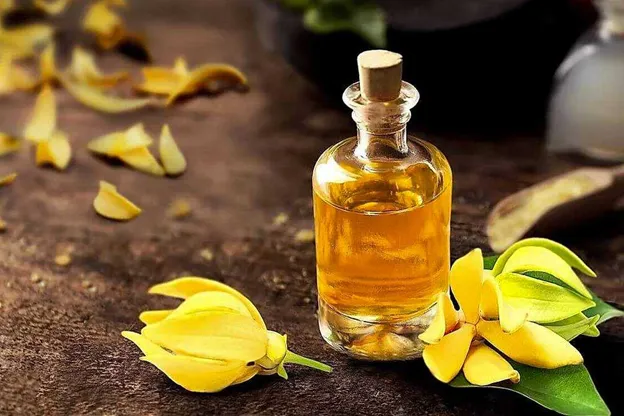
Ylang-ylang oil might not be as recognizable as the others on this list but it works wonders on dry scalps and stressed hair. It also prompts your scalp to produce natural oils, so it is a good choice in case you have dry and split ends and dull hair. It is also this oil that stimulates thicker growth as it nourishes the hair at the roots and helps prevent breakage. Heat a few drops in a carrier oil such as coconut or jojoba oil and rub it into your scalp. After 30 to 45 minutes, rinse it. When your scalp is dry or your hair is falling out because of stress, this oil will aid in restoring the balance and vitality to your hair.
DIY Hair Oil Blends for Growth
For Dry Scalp
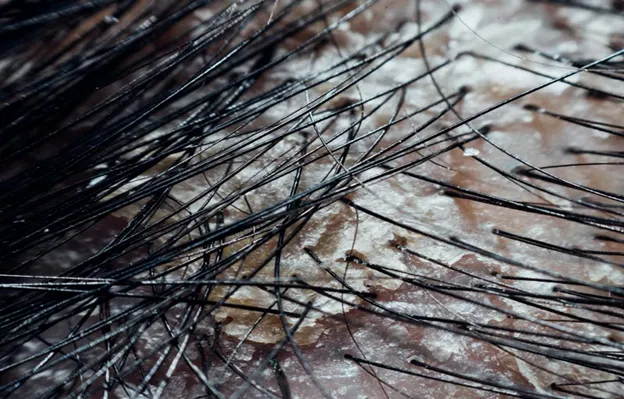
In case your scalp is tight or flaky, mix coconut oil with rosemary and lavender essential oils. Coconut oil is an intense moisturizer, rosemary stimulates circulation and lavender reduces irritation. Combine 2 tablespoons of coconut oil with 3 drops of rosemary and 3 drops of lavender. Gently heat the mixture before application.
For Oily Scalp
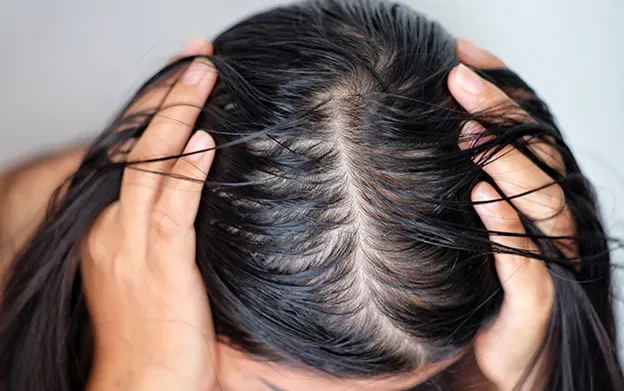
Grapeseed oil serves as a good base to balance the over-production of oil and to un-clog hair follicles. Add 2-3 drops of peppermint oil and tea tree oil. This combination balances the production of sebum and combats dandruff. Apply it to your scalp and leave at least 30 minutes.
For Hair Thickening
Mix 1 tablespoon castor oil with 1 tablespoon almond oil. Add 3 drops of ylang-ylang oil. This strength duo fortifies roots, thickens and decreases breakage.
Storage Tips
Keep your combinations in amber glass bottles. Store them in a cool dry place to avoid oxidation. Best results when used within 6 months. Shake well before using.
How to Apply Hair Oil for Maximum Growth
Scalp Massage Matters
A scalp massage is a must to extract maximum benefits out of your hair oil. Apply firm pressure in a circular motion with your fingertips. This improves blood flow, stimulates collagen, and allows the oil to reach hair follicles.
Frequency for Best Results
Oil your hair 2-3 times a week. This rate leaves your scalp hydrated without any build-up. The important thing is to be consistent.
Overnight Application vs. Short-Term Application
You may leave the oil overnight to get absorbed more. Even a 12 hour application is beneficial when you are short of time. Just be sure not to rinse too soon.
Hot Oil vs. Cold Application
Heating the oil a little will enhance penetration and also leave your scalp feeling soothed. Do not boil it, Lukewarm is sufficient. Cold oil will also work but might not absorb as well.
Optimal Leave-In Time
Leave the oil on hair, at least, 30 minutes, for best results. The more time, particularly overnight, will assist in strengthening roots and nourishing your scalp.
Common Mistakes to Avoid
Using Essential Oils Undiluted
Do not put essential oils on your scalp. They have to be mixed with a carrier oil such as coconut or almond oil. When they are applied without being diluted, they might irritate, redden or even burn.
Overapplying Oil
Overuse of oil does not contribute to the improved results. It blocks pores and creates a build up, leaving your scalp oily and difficult to wash. Apply a small amount to slightly cover your scalp and hair.
Not Washing Oil Out Properly
Oil left too long in the hair without washing may draw dirt and cause dandruff or blocked follicles. Always make sure you wash well using a mild shampoo.
Using Low-Quality or Synthetic Oils
Oils that contain artificial scent, additives or are based on mineral oils should be avoided. These do not have much benefit and can even damage your hair. Instead, opt for cold-pressed and natural oils.
Choosing the Wrong Oil for Your Scalp Type
The type of your scalp is important. E.g. in case of oily scalp, do not use thick oils such as castor. To make the most of it, match your oil to the needs of your scalp.
Conclusion
The best hair oil for growth will be determined by your scalp and hair type. Nothing is universal, yet consistency, quality, and proper usage always play a role. Oils such as coconut, rosemary, castor can perform miracles when selected to your particular requirement. Go for a pre-made product or create your own oil combination, but look out for cold-pressed, natural oils with no artificial additives. Use them consistently, massage them correctly, and beware of the usual errors, such as using them too often or failing to wash them. Being patient and having the proper routine will soon show visible results in the health and growth of the hair. Have faith in the process and watch your hair flourish.
FAQs
Does Castor Oil Help Grow Hair?
Yes, castor oil can support hair growth. It contains ricinoleic acid, which boosts blood circulation in your scalp. This helps nourish hair follicles and may encourage thicker growth. If you struggle with patchy areas or thinning, you can massage castor oil into your scalp weekly. For easier use, mix it with a lighter carrier oil.
Do Tea Tree Oil Help Hair Growth?
Tea tree oil doesn’t directly make hair grow, but it creates a healthy environment for growth. It unclogs follicles, reduces dandruff, and soothes inflammation. You should dilute it with a carrier oil before applying to avoid irritation.
Does Rosemary Oil Help with Hair Loss?
Yes, rosemary oil is one of the few essential oils backed by studies. It’s shown to work as well as minoxidil in reducing hair loss. Use it by mixing with coconut or olive oil and massaging it into your scalp.
Does Coconut Oil Help Hair Grow?
Coconut oil helps reduce protein loss and strengthens hair. While it doesn’t directly trigger growth, it prevents breakage and keeps hair healthy so it can grow longer over time.

